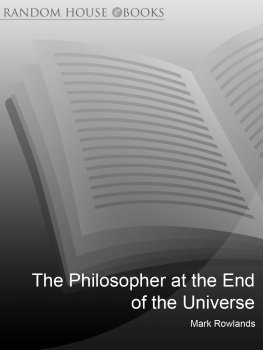
Acknowledgements
To my brother, Steven.
Thanks to BFI Information and Library Services and Mike Wingate at C&A Video in Edinburgh. Other organisations and individuals who provided additional assistance include: The Directors Guild of America; American Film Institute; British Film Institute; National Film Theatre; all at Plexus and everyone at the various film production, distributors and publicists offices.
I would like to thank the following magazines and newspapers for their coverage of Keanu Reeves over the years: Film Review; The List; Vox; GQ; Sky Magazine; Esquire; Attitude; Entertainment Weekly; Sight and Sound; Empire; Premiere (US, UK and French editions); U.S. Magazine; Vanity Fair; Here!; People Weekly; Daily Mirror; The Sun; News of the World; Daily Star; Village Voice; Film Threat; Fangoria;
Cinefantastique; Starlog; Interview; Vogue; America Film; Time Out; Whats On In London; The Face; Rolling Stone; Hello!; Monthly Film Bulletin; Time; Movieline; Variety; New Yorker; TV Guide; Film Monthly; Scotland on Sunday; The Guardian; The Daily Record; The Mail on Sunday; The Daily Mail; The Sunday Telegraph; The Scotsman; The Herald; Today; The Sunday Times; The Independent; The Evening Standard; The Daily Telegraph; Edinburgh Evening News; The Sunday Express; Spectator; Today; The New York Times; The Observer and The Daily Express.
Grateful thanks to the following libraries and film companies for supplying photographs:
Alpha; All Action; All Action/PAT/Arnal/Garcia; Philip Ramey/All Action; All Action/Stills/Foto Blitz; Jean Cummings/All Action; All Action/Feature Flash; All Action/Stills/I.P.A; British Film Institute; Corbis/Everett Collection; Range/Everett Pictures Limited; Ronald Grant; Columbia TriStar Films (UK); Castle Premier Releasing; Columbia Pictures Inc; Entertainment Films; Takashi Seida/Twentieth Century Fox; Richard Foreman/Twentieth Century Fox; Murray
Close/Twentieth Century Fox; Steve Granitz/Retna; Armando Gallo/Retna; Martin Goodacre/Retna; Bill Davila/Retna; Brad Fierce/ La Moine/Katz Pictures Limited; Steven Klein/ Katz Pictures Limited/Outline; Brad Fierce/La Moine/Katz Pictures Limited; Alberto Tolot/Katz Pictures Limited; Brad Fierce/La Moine/Katz Pictures Limited; Scope Features/Shooting Star; Alan Markfield/Scope
Features/Shooting Star; Stephen Hamels/Scope Features/Shooting Star; Takashi Seida/TriStar Pictures, Inc; People in Pictures; MCP/Time Out.
Film stills courtesy of Twentieth Century Fox; Metor-Goldwyn-Mayer; United Artists; Disney; Lorimar Motion Pictures; CBS Entertainment Productions; Hemdale Film Corporation; New Lines; Paramount Pictures; Kings Road; Warner Brothers; American Playhouse; Universal Pictures; Chesnut Hill/TriStar; Odyssey/Polar Entertainment Corporation; Largo Entertainment; New Line Cinema; Columbia Pictures; Interscope Communications; American Zoetrope; Osiris Films; Pandora; BBC; Renaissance Films; Samuel Goldwyn Company; Fourth Vision; CiBy 2000; Cinevision; Alliance Communications; TriStar; Zucker Brothers Production; Fine Line; Jersey Films; Chicago Pacific Entertainment; Bates Entertainment; Kushner Locke Co; Tapestry Films; KI; 7 Venture; New Regency; 3 Arts; Alphaville Films; Lakeshore Entertainment; Paramount Classics; Fireworks Productions; Nides McCormick Productions;Tollin/Robbins Productions; United International Pictures; Village Roadshow Productions; NPV Entertainment; Silver Pictures; Sony Pictures Entertainment; Donner Productions.
Contents

Introduction
T HE MATRIX trilogy saved Keanu Reeves. The original 1999 futuristic adventure film, and its sequels, revived his career and provided an escape when his private life was overwhelmed by tragedy. Its not much of an exaggeration to argue that while Reeves, in the role of Neo, saved the world from malevolent artificial intelligence, the making of the Matrix movies saved the actor himself.
From his days as a teen idol, through success with his first bonafide blockbuster, Speed, Keanu had never been taken seriously in Hollywood. Caricatured as an on and off-screen airhead, who only scored a fluke hit movie every five years or so, he was an easy target. After the astonishing success of Speed, however, his critics bided their time, waiting to see what hed do next. Avoiding Speed 2 (later seen as a wise career move), Reeves dabbled in sci fi (Johnny Mnemonic), action (Chain Reaction), romance (A Walk in the Clouds) and horror (Devils Advocate). All to no avail...
It was The Matrix, which combined sci fi action with romance and horror all in one high-tech package, that gave him the hit he badly needed by the end of the 1990s. More than that, The Matrix was not just a one-off but a franchise to which Reeves was only too happy to hitch his wagon. Utimately, it would secure his future in Hollywood while affording him the right to continue with his occasional art-movie dalliances.
Prior to Speed and The Matrix, Keanu was perceived as a pin-up who had made the teen movie his own, with the controversial drama Rivers Edge and the goofy time-travel comedy Bill and Teds Excellent Adventure. But he was always more ambitious than the intellectually-challenged characters portrayed in these films, even though he willingly projected their personae in interviews and TV appearances. In fact, he would prove versatile enough to diversify into literary costume drama Dangerous Liaisons, Bram Stokers Dracula, Much Ado About Nothing and independent art movies that were well off the Hollywood radar, including Even Cowgirls Get the Blues, Little Buddha, Feeling Minnesota and The Last Time I Committed Suicide.
Despite his awareness of the need to hit the right numbers at the box office, Reeves real ambition lay in films that challenged him as an actor. He has carved out a unique niche for a major Hollywood star, never afraid to experiment in roles such as the gay hustler in My Own Private Idaho, or the young lover in magic realist soap-opera Aunt Julia and the Scriptwriter.

Amid the action and adventure of The Matrix, Keanus Neo found time to romance Trinity (Carrie-Anne Moss).

Keanu and River Phoenix took risks with their images and audiences in Gus Van Sants My Own Private Idaho.
Contrary to the popular perception of him, Keanu takes the process of acting extremely seriously. Of the generation of male Hollywood stars now entering their late thirties including Johnny Depp, Brad Pitt and Christian Slater he is the only one to have risked tackling Shakespeare both on stage and on film: in the daunting title role of Hamlet, in Winnipeg, January 1995, and as the villainous Don John in Kenneth Branaghs film of Much Ado About Nothing.
But such depths dont square with the popular image. The Bill and Ted airhead character, which he was only too happy to play up to early in his career, stuck with him for years. Consequently, what his critics often saw as a questionable choices of roles was just Reeves taking the opportunity to stretch himself beyond what mainstream Hollywood could offer, and to lay
Next page
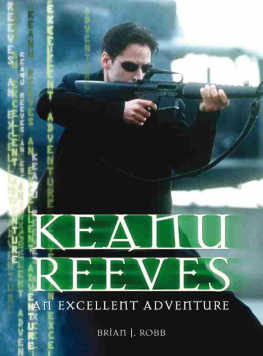
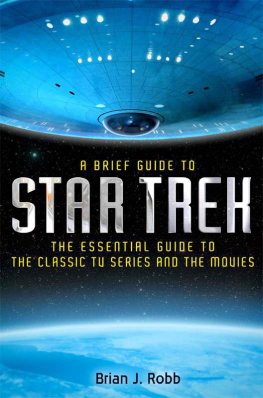
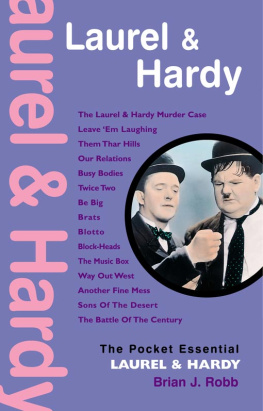
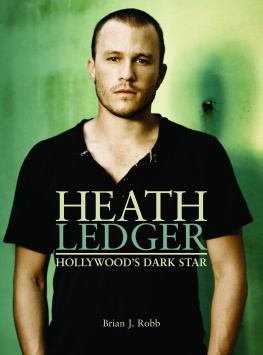
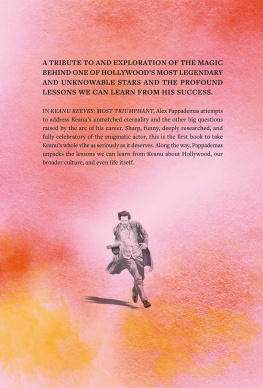
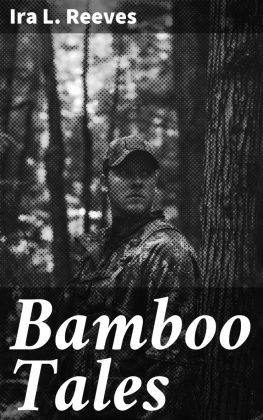
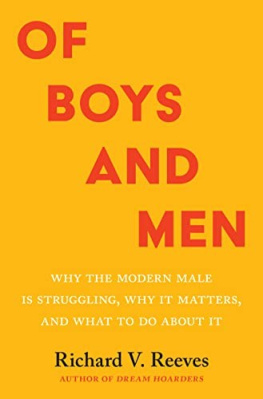
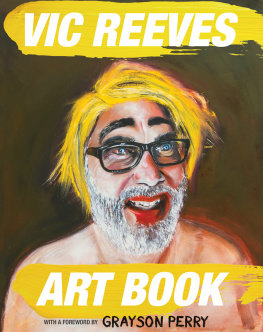
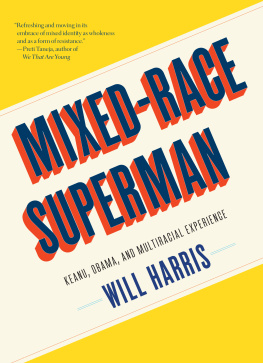
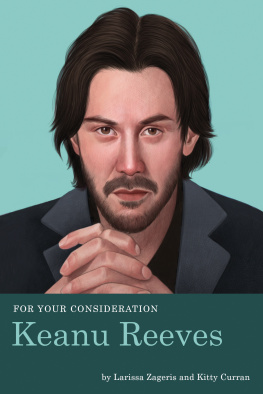
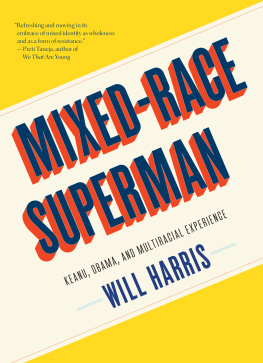
![Richard Reeves [Richard Reeves and John Knell] - 80 Minute MBA](/uploads/posts/book/127988/thumbs/richard-reeves-richard-reeves-and-john-knell-80.jpg)

